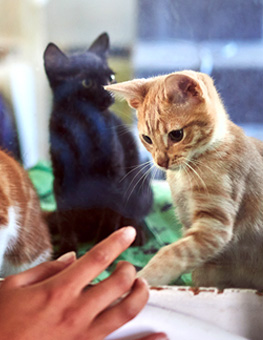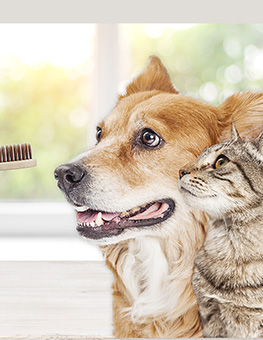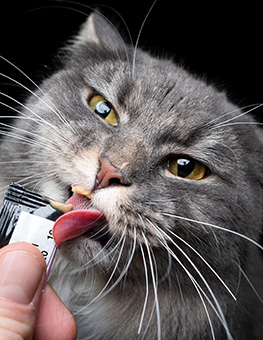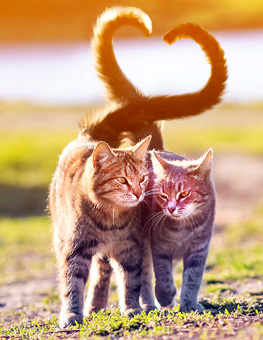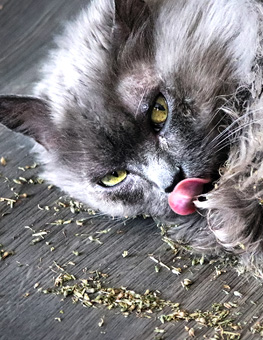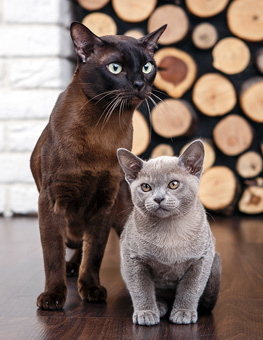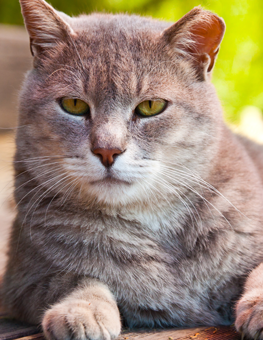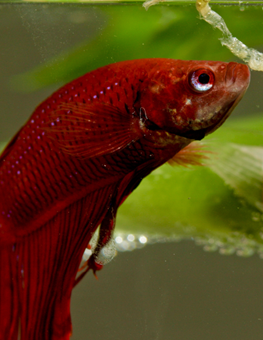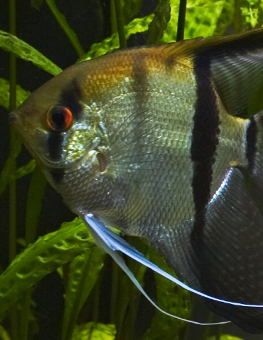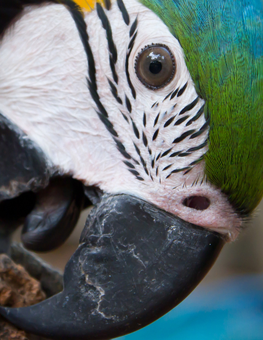Helping Your Cat Deal with Hairballs
Hairballs - even the name is gag-inducing.
Although, it's probably preferable to "trichobezoar," the other name for these pesky messes. Hairballs are the result of a cat's naturally cleanly nature. All of that grooming leads to a lot of swallowed hair going down into your cat's tummy. While most of this excess makes its way out of your cat in the natural way, when your pet is in a period of heavy shedding - perhaps between seasons - the swallowed hair may not pass through as usual. Instead, these hairs form a gross and tangled wad in your cat's stomach - and what can't be digested must come up. Unfortunately, that’s usually on your carpet.
Hairballs aren't occasions for concern, since they're a pretty regular part of a cat's life, but if you start to notice your pet coughing up these furry messes too regularly - PetSide.com says more than one hairball every five or six weeks - you may want to contact your vet. Just as much of an issue is your cat having a hard time actually coughing up a hairball. A lot of gagging and retching isn't good for your cat, and neither is having a hairball stuck in his or her stomach. This can be a serious problem and may require attention from your vet. Watch for signs like ongoing vomiting, lack of appetite and lethargy. In the meantime, there are certain tips you can use to help your cat out.
1. Grooming. One of the best ways to avoid hairballs is to give your cat regular brushings. A good grooming for your cat can go a long way. If you have a cat with a lot of hair, help him along and brush his coat daily. By reducing the amount of fur he or she ingests, you can mitigate the hairball factor enormously.
2. Fibrous foods. Many pet supply companies offer variations especially designed for hairball relief. Containing more fiber than your usual cat food, these help cats stay regular with bowel movements and avoid hairball buildup.
3. Cat grass. It’s easy to grow and most cats enjoy eating it so it’s not a struggle to get it in their diet.
4. Hydration. Ensuring your cat always has access to fresh, clean water (and that they are drinking it) can be a huge help.
5. Hairball remedy oils and jellies. HowStuffWorks.com suggests investing in cat hairball remedies like non-digestible oils and jellies that have cat-friendly flavors. While it can be tough to sell your cat on tuna-flavored petroleum jelly, believe it or not, a small amount over several days can help lubricate the intestines enough to get that hairball out, leaving your cat happy and content and you with one less accident to clean up - just the litter box! Ask your vet which is right for your cat.
This content is provided by the pet experts at Hartz.



